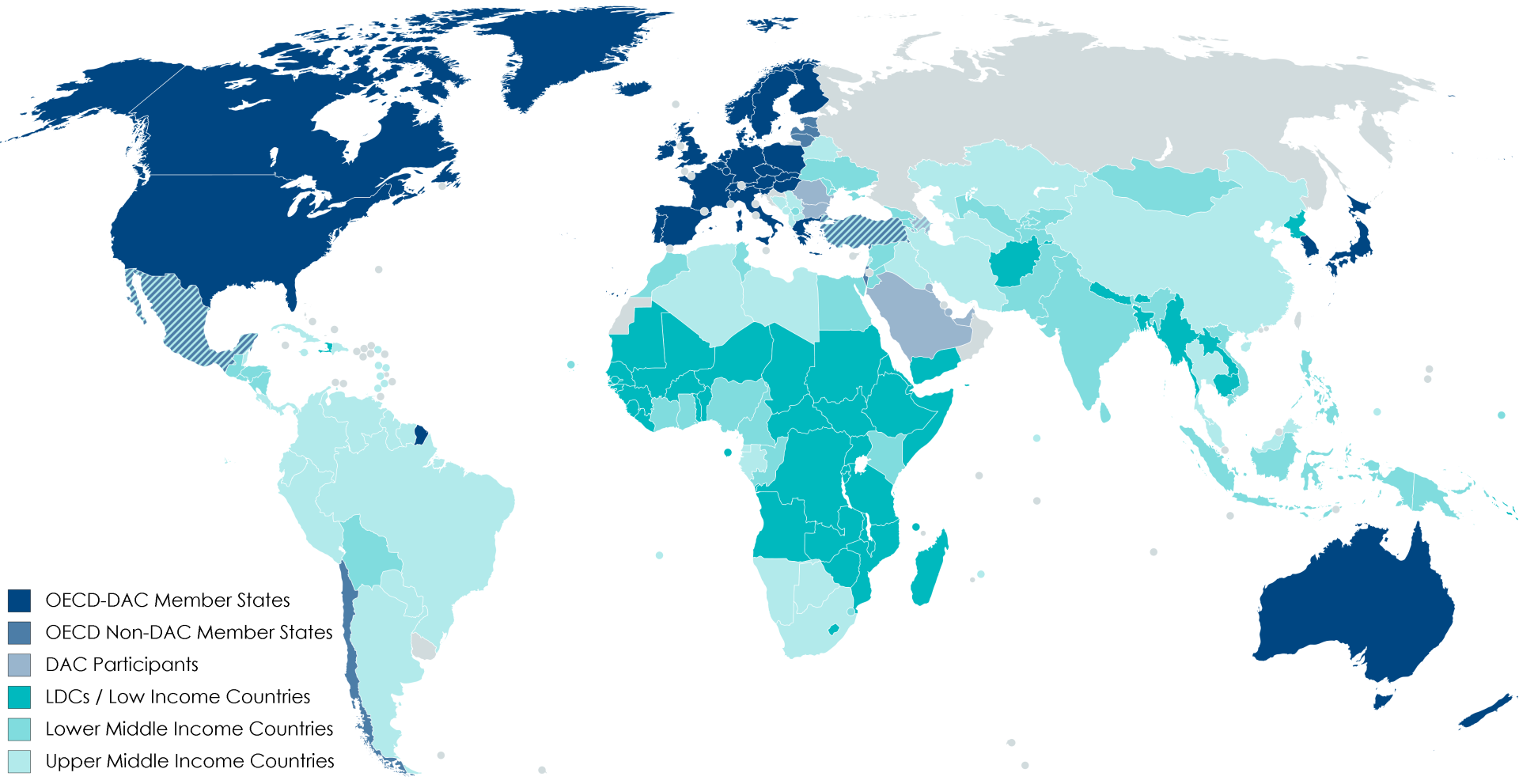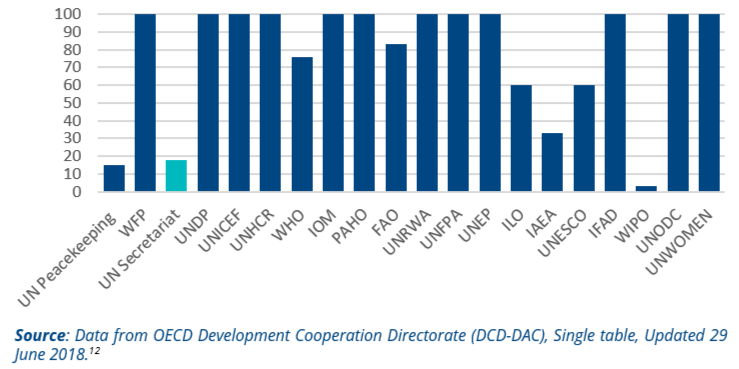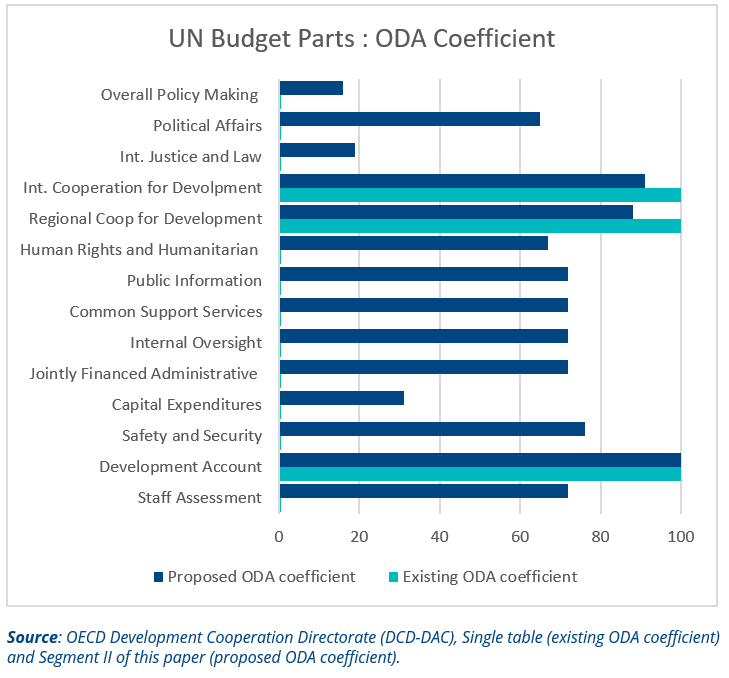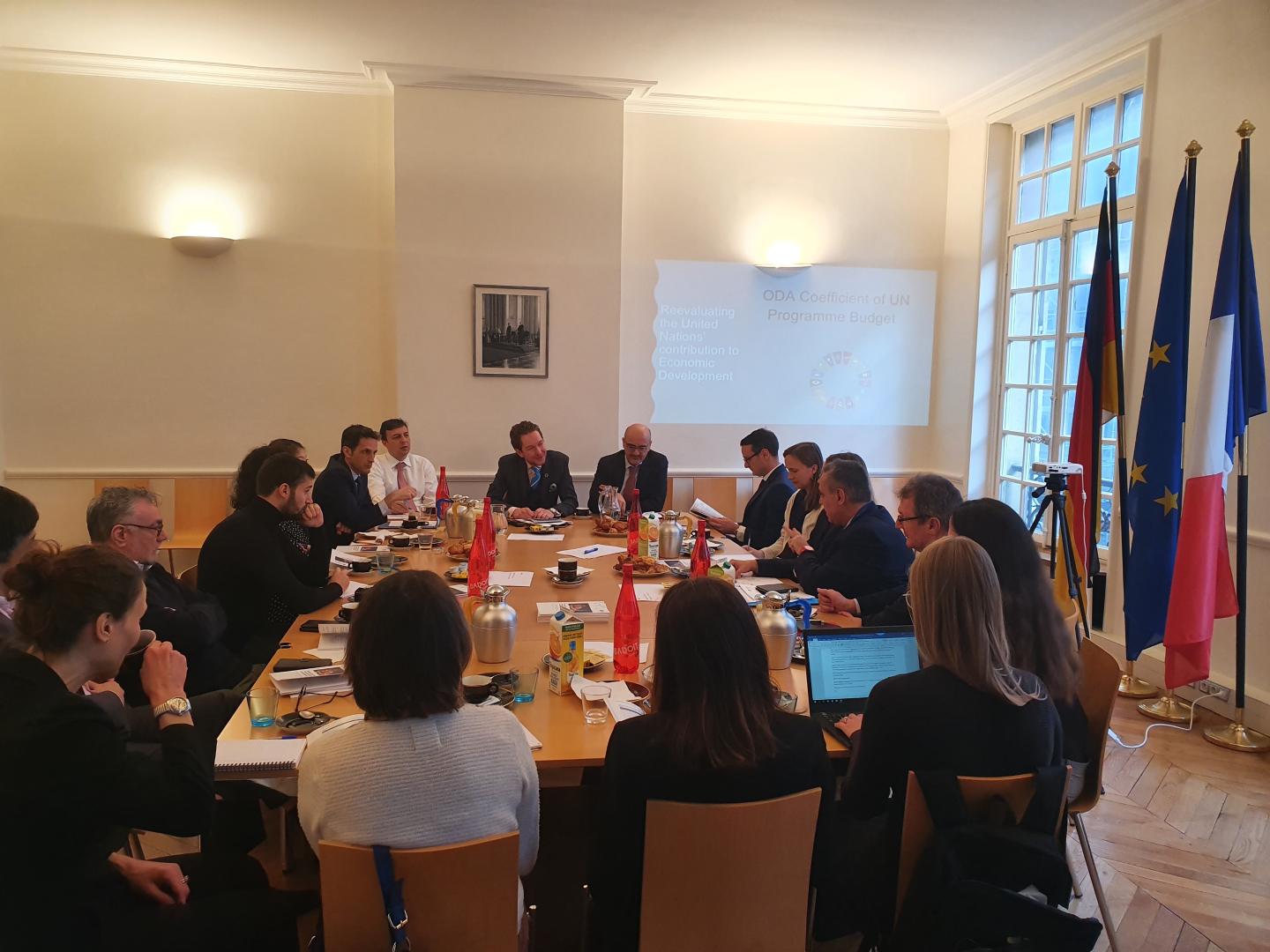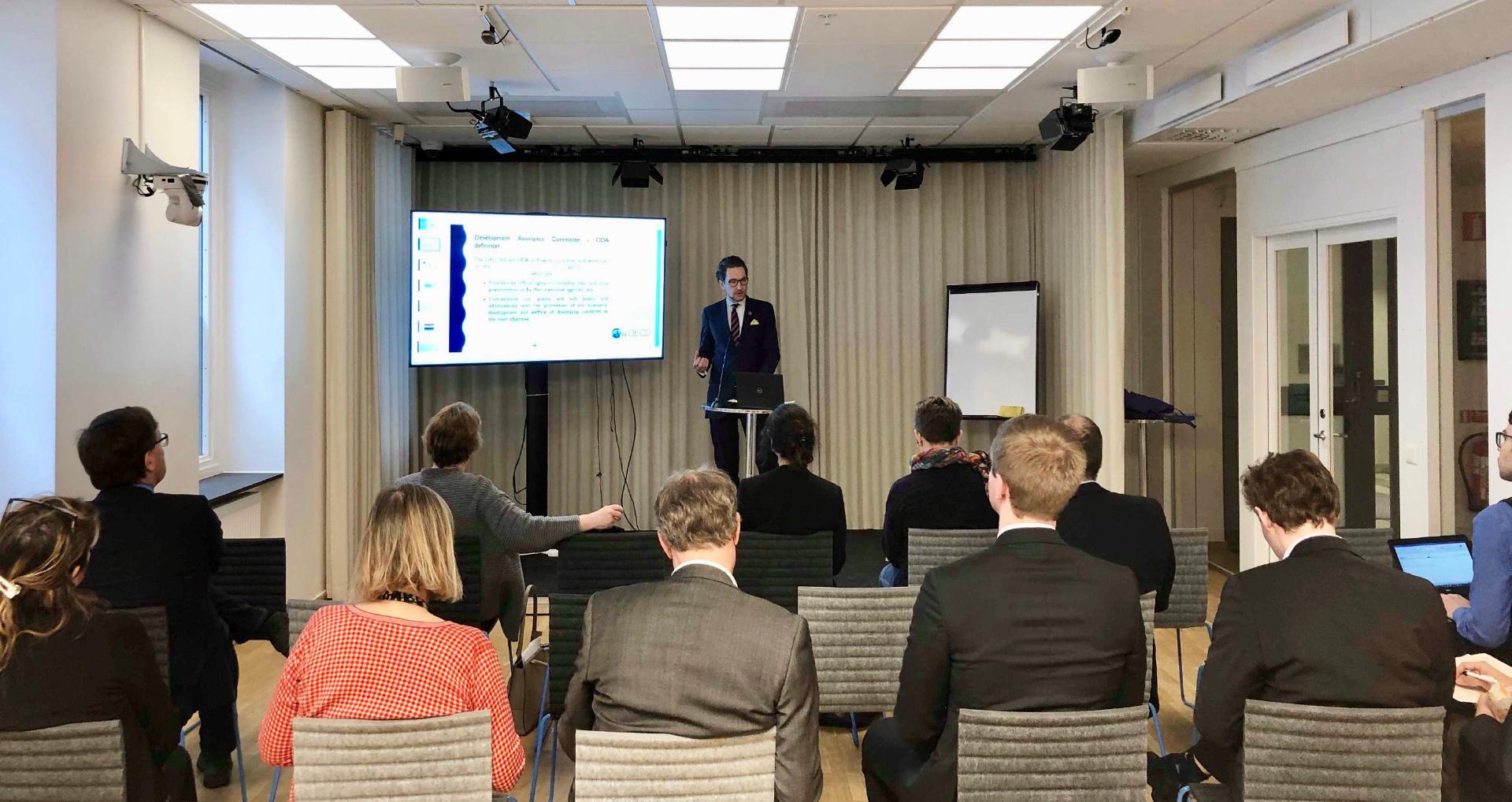Official Development Assistance (ODA) is a crucial tool for measuring the flow of funds to developing countries for their economic development and welfare. A significant proportion of ODA funds are channeled through the 31 entities that make up the United Nations (UN) System. At the center of the UN System sits the UN Secretariat. Since the adoption of the Sustainable Development Goals (SDGs) in 2015, the Secretariat has played an increasingly important role in leading and coordinating the delivery of economic development. This has now been recognized in the presentation of the UN Programme budget which, for the first time, highlights the contribution made by each part of the UN Secretariat to the delivery of the SDGs. This provides useful context for reexamining the degree to which the UN Secretariat’s activities contribute to the economic development and wefare of developing countries. The Development Assistance Committee (DAC) of the Organisation for Economic Co-operation and Development (OECD) determines coefficients for the share of international agencies’ activities that contribute to economic development. The DAC-determined coefficient for the UN Secretariat is 18%—considerably lower than other international organizations whose mandates are less central to SDG delivery.
Segment I of this paper looks at the methodology applied to the UN Secretariat to determine its ODA coefficient, while Segment II analyzes the entire UN Secretariat budget for 2020 in detail, taking into account guidance issued by the DAC for determining ODA coefficients. The analysis indicates that the approach the DAC has used for the UN Secretariat may no longer be adequate because it fails to recognize the important contribution to economic development and welfare made by some parts of the UN Secretariat, including the United Nations Office for the Coordination of Humanitarian Affairs (OCHA), the United Nations Relief and Works Agency for Palestine Refugees (UNRWA), and UN Special Political Missions. It also does not reflect recent changes to the UN Secretariat’s work including work to lead and coordinate the reformed UN Development System. It also does not consider guidance issued by the DAC itself in recent years on many topics, including conflict, peace, and security activities. A detailed analysis of the UN program budget, which factors in the relative contribution of 36 sections of the budget, indicates that a more accurate coefficient would be 64%.
The study thus argues that this underrating of the UN Secretariat's ODA Coefficient no longer does justice to its role in implementing the Agenda 2030. The authors believe that a higher coefficient would not only change the perception of Member States of the UN Secretariat contribution to socio-economic development but also how donor countries view and value the UN Secretariat. They recommend that the DAC with input from the UN Secretariat urgently review the UN Secretariat coefficient to ensure the vital role played by the UN Secretariat in delivering economic development is fully recognized.
The study was officially launched during an event at the Delegation of the European Union to the United Nations. The two authors subsequently presented its key findings at the offices of Konrad-Adenauer-Stiftung in New York, Paris and Stockholm as well as at the German Bundestag in Berlin and in London.



